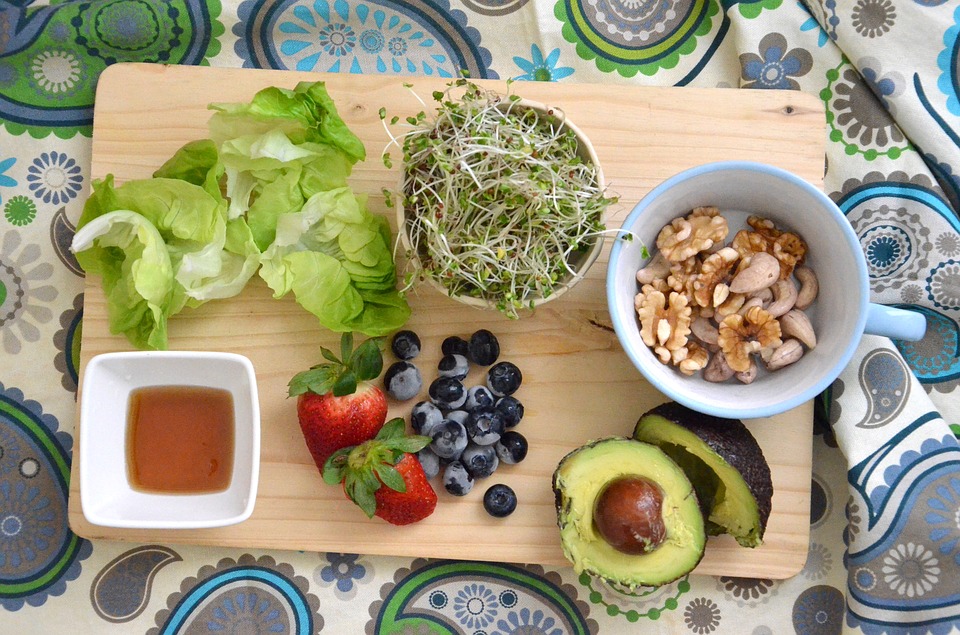When you hear the phrase “palliative care,” what comes to mind? Do you think of end-of-life support and lonely hospital beds?
To many people, “palliative care” is a confusing term. While palliative care does offer critical support to people with life-limiting and serious illnesses, it’s about so much more than end-of-life care and hospitals. Palliative care is about pain management — both physical and emotional.
It’s an interdisciplinary approach to healthcare for people with life-limiting illnesses to work alongside primary treatments, such as chemo or radiotherapy.
The Role of Palliative Care
This medical care is for people living with a serious illness and eliminating the same illness. Read on to see how palliative care can improve their lives and provide a sense of comfort, dignity, and well-being.
1. It Provides Pain Relief
Palliative care is often described as another term for professional pain relief. When someone has a life-limiting illness, there are typically various levels of physical pain that come with that disease. Whether it’s nausea from taking cancer drugs or experiencing tension in the joints and limbs from having Parkinson’s Disease, pain is a daily sensation for people living with chronic illness.
With professional palliative care services from trained nurses and caregivers, your loved one could receive 24-hour pain monitoring and management. Palliative nurses and caregivers will manage prescription medications and closely pay attention to your friend or family member’s pain level. They’ll constantly communicate with outside medical doctors, letting them know of any progress or changes.
They’ll also recommend services such as massage therapy or physiotherapy to help reduce the physical discomfort.
2. You Can Get It At Any Stage of The Disease
Many people don’t know that palliative care isn’t limited to the later stages of an illness. Your loved one can receive palliative care at any stage of their disease — from the minute of diagnosis to any time after that.
Unlike hospice care, which is to help patients and their loved ones cope during the end-of-life phase, palliative care intends to provide comfort and increase the quality of life for people regardless of the stage they’re at with their disease. Check out healthcare agencies that offer at-home palliative care so your loved one can receive personalized and high-quality services right in the comfort of home.
3. It Strengthens Mental Health
Having a life-limiting illness affects patients’ mental health just as much as their physical well-being. It can feel profoundly isolating to know that your life is no longer what it once was, and there may be a need to seek professional counseling.
People living with a chronic illness often don’t want to talk about such issues with friends or family members because they don’t want to be a burden. This is where palliative care comes in handy.
The right healthcare agency will prioritize mental health. They’ll direct you in the right mental health direction and provide compassionate and empathetic caregivers with extensive palliative care training who can help your loved one feel less alone.
The Final Thoughts
If someone close to you has a serious or life-limiting illness, consider talking to them about the benefits of palliative care. While it can’t erase all of the pain of living with a chronic disease, palliative care can bring light to your loved one’s life and make things just a little less chaotic. Besides, let me know your doubts in the comment section below if you come across any!
Read Also:























